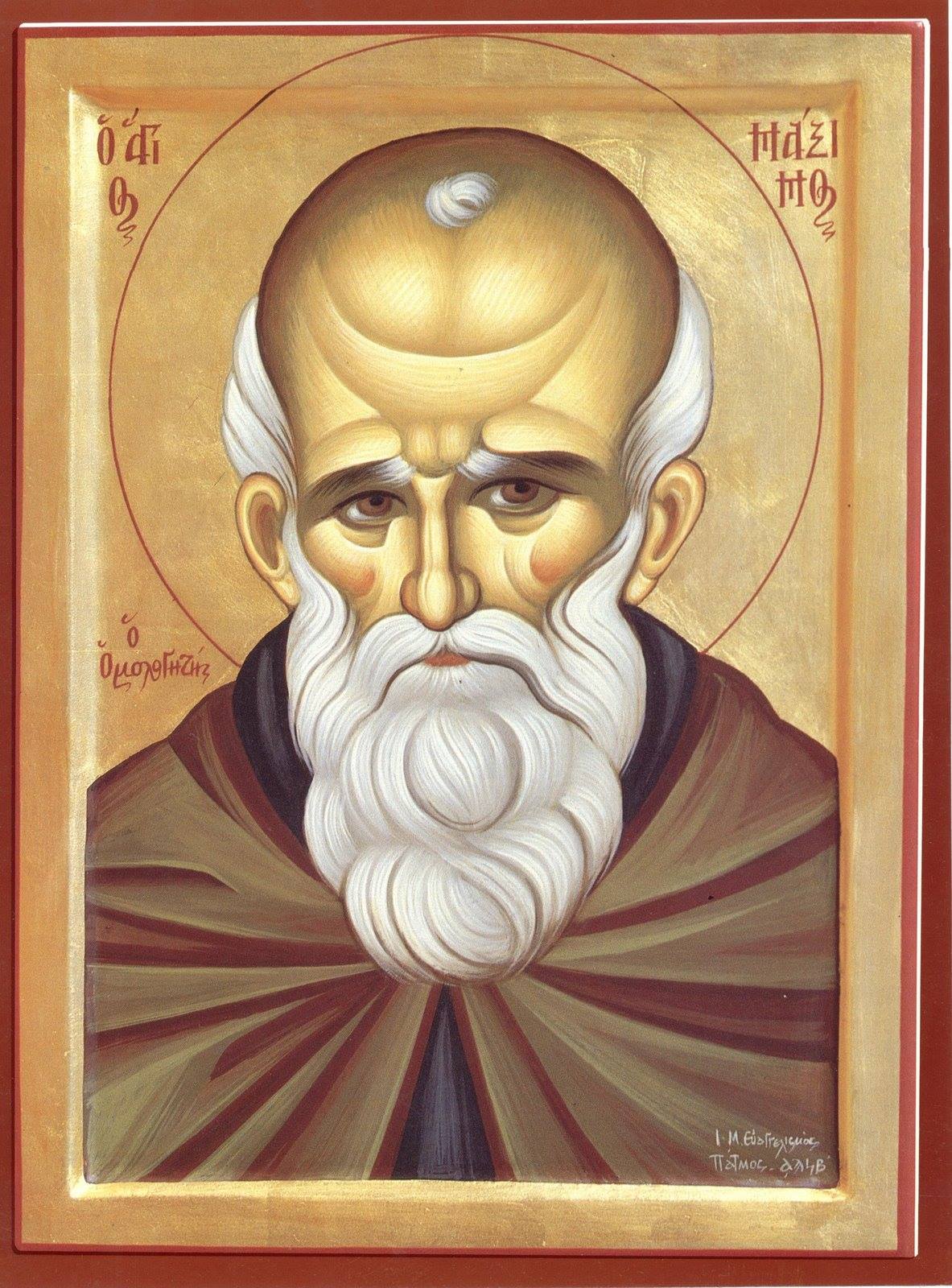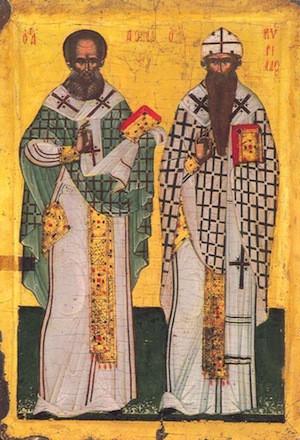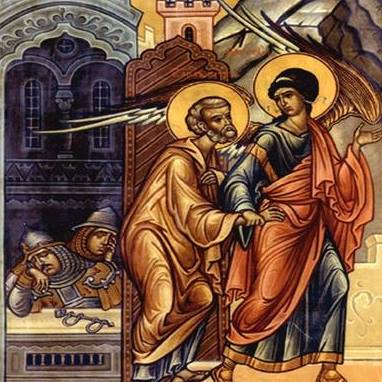Christ is in our midst!
WELCOME NEW PARISHIONERS! New parishioners are always welcomed in our parish. If someone wants to register with our parish please contact Father Iura Godenciuc at (203) 865-0388 or our financial secretary Natalia Chermak.
VIGIL LIGHT: This week vigil light is offered to God’s glory by Chris Komondy in memory of all the deceased of family.
If you would like to bless your house fill the form that is in the vestibule, drop it in the collection basket during the Divine liturgy, or call the rectory (203) 865-0388.
The Ukrainian National Women’s League of America Branch 108 New Haven and St. Michael Parish will be preparing a Prosphora, a traditional Ukrainian Christmas meal, on Sunday, January 27, TODAY, after the only one Divine Liturgy at 10:30. Tickets are $20.00 for adults, free for students Ridna Shkola and altar boys. We will be running a raffle. Please donate items for raffle and cakes for desert. Tickets are on sale in the church hall every Sunday after both Divine Liturgies. You can buy tickets from Luba Dubno or members of UWLA Branch 108.
STEWARDSHIP COUNCIL: The next Stewardship Council meeting will be held at 6:00 p.m. Monday, February 4, in the Holy Name Room. All council members and organization representatives are invited: Natalie Chermak, Nataliya Lyalka, Andrew Bamber, Anna Salemme, Walter Ushchak, Chris Komondy, Halya Lodynsky, Marybeth Gawron, Christine Melnyk, Myron Melnyk, Maria Antonyshyn, Mary Muryn, Carl Harvey and Paul Zalonski.
KNIGHTS OF COLUMBUS: The next meeting of Knights of Columbus Blessed Metropolitan Andrey Sheptytsky Ukrainian Council will resume on February 4, 7:00 p.m. in the Holy Name Room. All men of the parish are invited to attend.
The organizational meeting of the newly formed Facilities Maintenance Team of St. Michael’s Ukrainian Catholic Church took place on Friday evening, January 18th. The schedule of work sessions was also established for the entire year so that plans can be developed for doing all the projects and arrangements made for the purchase of required supplies and equipment.
 Father John Meyendorff called St. Maximus the Confessor the “Father of Byzantine Theology.” Though he lived long after the Council of Chalcedon, he perhaps drew out the full importance of its confession that Jesus, the Son of God was one in essence with the Father, and yet also united in essence with us in his human nature. Here we see what the gospel stories of Christ’s birth and baptism are truly revealing to us. We call the incarnation, the assumption of the Word of God of human nature, a mystery. This is because we cannot wrap our human minds around this theological reality. To form mental concepts, which we might call “ideologies” are dangerous because they skew the reality. Before Maximus, some theologians put so much emphasis on Christ’s humanity that his divinity was compromised (for example, Arianism or Nestorianism).
Father John Meyendorff called St. Maximus the Confessor the “Father of Byzantine Theology.” Though he lived long after the Council of Chalcedon, he perhaps drew out the full importance of its confession that Jesus, the Son of God was one in essence with the Father, and yet also united in essence with us in his human nature. Here we see what the gospel stories of Christ’s birth and baptism are truly revealing to us. We call the incarnation, the assumption of the Word of God of human nature, a mystery. This is because we cannot wrap our human minds around this theological reality. To form mental concepts, which we might call “ideologies” are dangerous because they skew the reality. Before Maximus, some theologians put so much emphasis on Christ’s humanity that his divinity was compromised (for example, Arianism or Nestorianism). Our Holy Fathers Athanasius and Cyril, Archbishops of Alexandria are honored by the Church today.
Our Holy Fathers Athanasius and Cyril, Archbishops of Alexandria are honored by the Church today. Our Lord says of Peter, “Blessed are you, Simon son of Jonah. For flesh and blood has not revealed this to you, (Simon has confessed Jesus to be the Messiah, the Son of the living God) but my heavenly Father. And so I say to you, you are Peter [the rock], and upon this rock I will build my church, and the gates of the netherworld shall not prevail against it” (Matthew 16:17-18).
Our Lord says of Peter, “Blessed are you, Simon son of Jonah. For flesh and blood has not revealed this to you, (Simon has confessed Jesus to be the Messiah, the Son of the living God) but my heavenly Father. And so I say to you, you are Peter [the rock], and upon this rock I will build my church, and the gates of the netherworld shall not prevail against it” (Matthew 16:17-18).